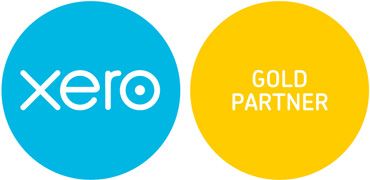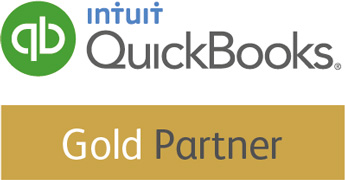If you provide your employees with anything other than a paid salary, it will attract the attention of HMRC as a “benefit in kind” and need to be reported for tax. Common examples of these “fringe benefits” are a company car or private medical insurance.
We’ve been looking at the overhaul to the Benefits In Kind tax rules that are currently in the consultation stage with 4 key proposals for the Office of Tax Simplification (the OTS).
The good news is that it looks as though the system will be streamlined and made more straightforward for employers. Here’s what looks likely from next April and how it might affect you:
P9D – wave goodbye
Up until now there have been two forms (P9D and P11D) because tax on benefits currently applies differently for employees earning below £8,500. The changes look to do away with this and just have one form for all benefits for all employees reportable, the P11D. This should make things easier for employers and also for HMRC, (in 2011/2, it only received 15,000 P9D forms).
Defining Trivial Benefits
There are some perks of the job that are too small to be considered taxable. Examples of “Trivial Benefits” which receive a concessionary exemption at present are things like small gifts or a Christmas turkey, or even a flu jab, are not counted as a taxable benefit (as per HRMC), but it can be difficult to draw the line where a “trivial benefit” becomes a “benefit in kind” and liable for tax.
For example, HMRC say that an “ordinary” bottle of wine would not count as a taxable benefit in kind if it was given as a one-off gift, but would a bottle of expensive champagne count? And your Christmas turkey would not attract tax, but how about a Christmas hamper stuffed with foie gras?
At present there is no set limit for the value of “trivial benefits”, the advice is for employers to use their own judgement and so tax inspectors can treat this concession differently which can lead to confusion. This should be rectified in April, with a proposed list of set limits and values to avoid any confusion.
Dispensations
The present system is a right faff. In the course of normal business there are all number of small expenses that an employee will be reimbursed for, such as travel costs. At present all of these costs, no matter how small, must be reported at the end of the year on the P11D. Seriously.
This is easily avoided by taking 5 minutes to apply for a dispensation – essentially this is the employer asking HMRC if they can be excused recording every one of these expenses on the P11D and, provided they fall within expected categories HMRC are happy to grant these dispensations.
The proposed change would do away with this stage of employers having to ask HMRC for a dispensation. It does mean that employers will have to keep an eye on their employees expense claims internally and not just rely on the P11D, but as our customers capture all their expense receipts using Receipt Bank that’s not an issue anyway.
Payrolling benefits in kind
The final big proposed change is to remove benefits in kind from an end of year P11D and instead allow employers to voluntarily include them as a cash amount on the monthly payroll, with tax and NI due deducted in that period. Whether this works for you as an employer versus the old system would depend on a number of variables, but it certainly looks like a step forward in terms of simplicity.


